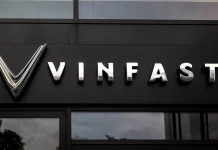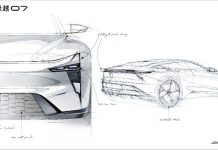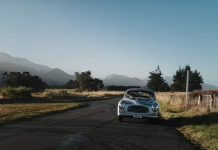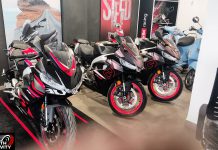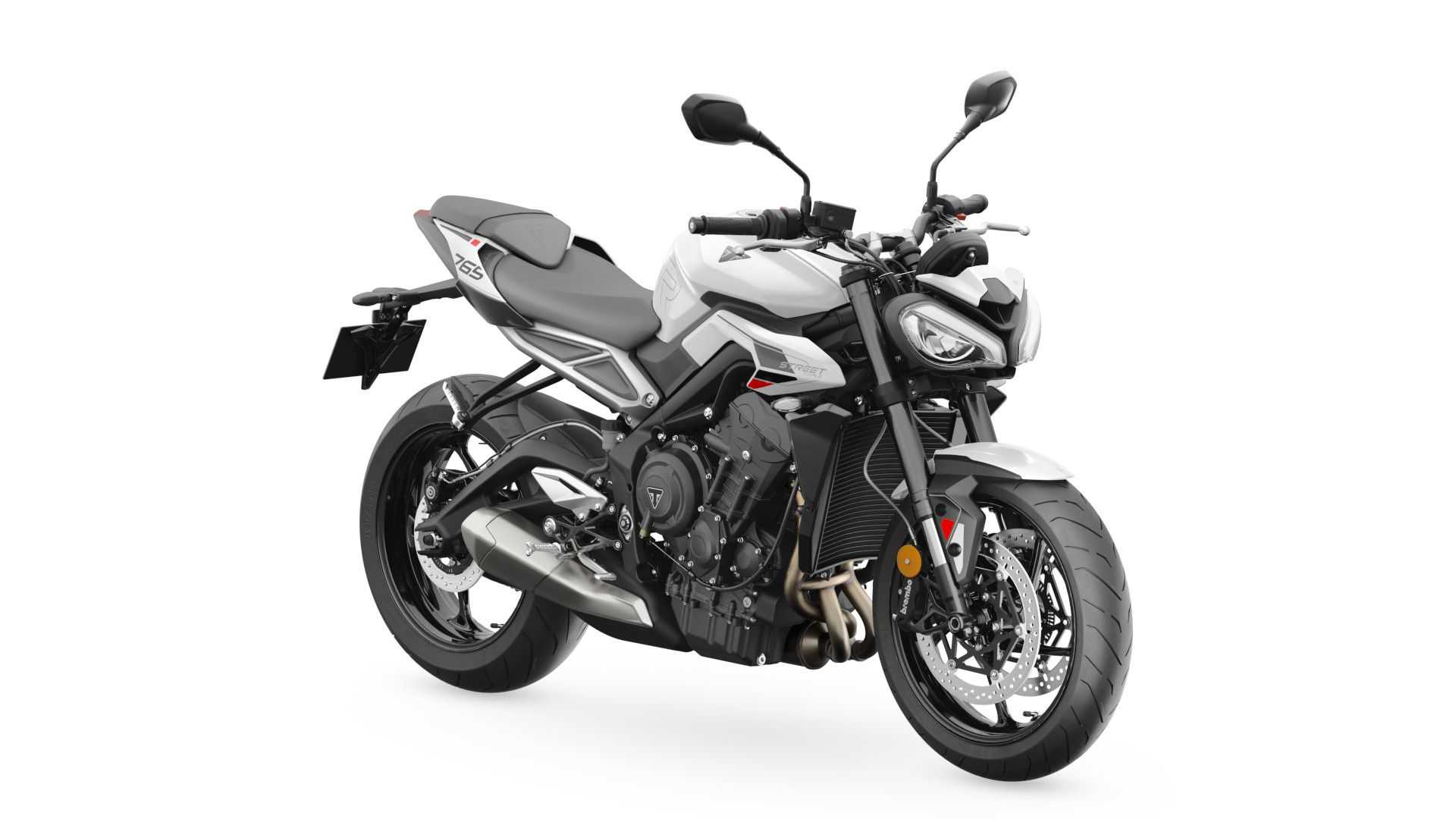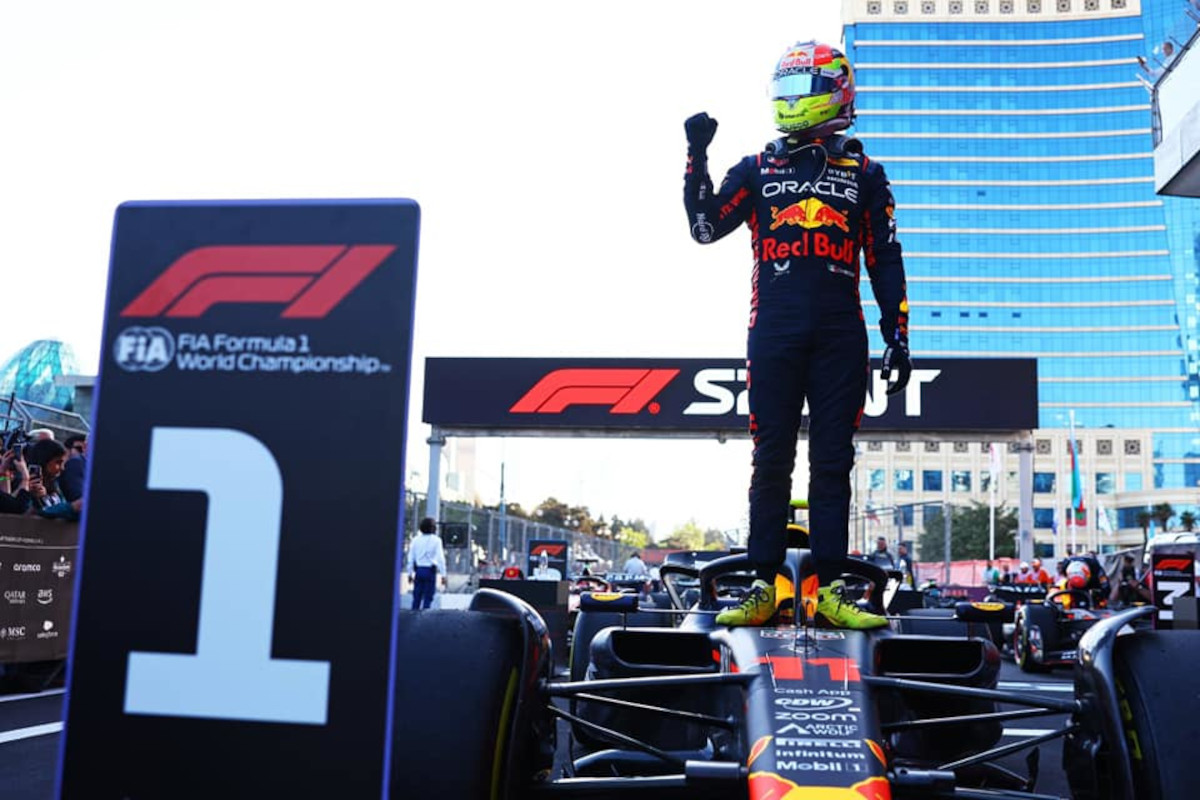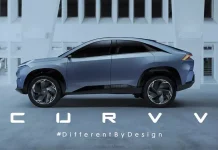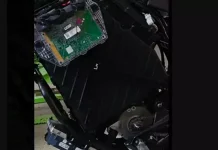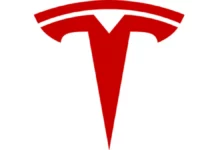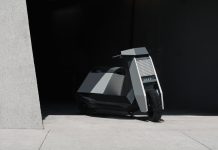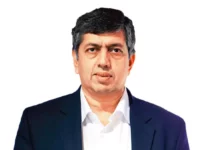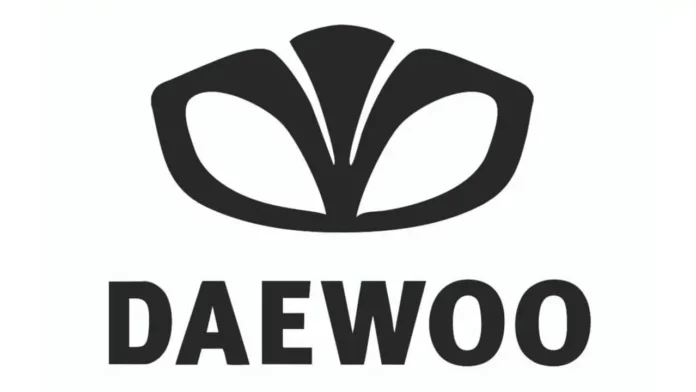ads
Daewoo
- Daewoo, a South Korean automotive manufacturer, is planning a comeback in the Indian market with a focus on electric bikes and motorcycles.
- The company sees India’s robust economic growth and consumer demand as potential driving factors for its new e-bike business.
- Daewoo is working on a partnership with Kelwon, an electronics and appliances specialist based in Delhi, to launch its e-bikes and motorcycles in India.
- It also hopes to market electric scooters and small-capacity electric motorcycles in India.
- India is one of the fastest adopters of e-mobility in the world, with a lot of homegrown brands such as Ola Electric and Ultraviolette making headlines on an international level.
The strategy to enter the electric two-wheeler segment in India, particularly with e-bikes, electric scooters, and motorcycles, reflects several strategic considerations and broader trends in the automotive and mobility sectors.
Here’s how this move is significant and what potential implications it could have:
- Shifting Mobility Patterns: Urbanization, environmental concerns, and changes in consumer behaviour are pushing the need for more sustainable and space-efficient mobility solutions. Two-wheelers, especially electric ones, are gaining popularity due to their smaller carbon footprints, lower operating costs, and practicality in congested urban environments.
- Growth of E-Mobility in India: India is witnessing a rapid transformation in its transportation framework, with a significant push towards electric mobility. This change is driven by a combination of government policies, environmental awareness, and the presence of new local players creating a competitive market. Daewoo’s interest signifies a recognition of this booming sector and the opportunities it holds.
- Leveraging Past Presence: Although Daewoo had a relatively brief stint in India, there is a brand recognition that the company can potentially leverage. The Indian automotive market is highly competitive, and having prior experience, even if not entirely successful, could provide insights into consumer expectations and market dynamics.

Electric Bikes
- Strategic Partnerships: Collaborating with local companies like Kelwon indicates a smart move on Daewoo’s part. Such partnerships can facilitate smoother entry through established distribution channels, an understanding of local market dynamics, and compliance with regulatory standards. Moreover, it allows Daewoo to tap into the auxiliary sectors like the automotive battery segment, which is crucial for electric vehicles.
- Diversification and Global Trends: Many global automotive players are diversifying their portfolios to include e-bikes and electric two-wheelers, acknowledging the growing market for these products worldwide. Daewoo’s venture into this space aligns with the broader industry trends and reflects an adaptation to global market shifts.
- Potential Challenges: Despite the promising aspects, Daewoo will face several challenges. The company needs to establish itself against well-entrenched players and new, dynamic startups that have captured consumers’ interest. Furthermore, understanding and adapting to the local market preferences, competitive pricing, after-sales service, and building robust charging infrastructure are some of the hurdles Daewoo would need to address.
Here are some potential pros and cons
Pros:
- India is a rapidly growing market for electric vehicles, with a large and growing population of urban consumers.
- Daewoo is a well-known brand in India, and its e-bikes and motorcycles could benefit from this brand recognition.
- Daewoo is partnering with Kelwon, an electronics and appliances specialist with a strong presence in the Indian market. This partnership could help Daewoo to launch its e-bikes and motorcycles successfully.
Cons:
ads
- The Indian e-bike and motorcycle market is already quite competitive, with established players such as Ola Electric and Ultraviolette.
- Daewoo will need to build brand awareness and trust among Indian consumers in order to be successful.
- Daewoo may face challenges in sourcing the necessary components for its e-bikes and motorcycles, as the Indian EV supply chain is still relatively underdeveloped.
Motorcycles
- Economic and Policy Framework: India’s policy push for local manufacturing, reflected in initiatives like ‘Make in India,’ offers foreign companies incentives to set up production facilities in the country. However, navigating the regulatory environment, bureaucracy, and policy changes will be crucial for Daewoo’s long-term success.
In conclusion, while the path ahead for Daewoo is fraught with challenges, there is a clear window of opportunity. The success of their venture will depend on strategic execution, adaptability to the Indian market, and the ability to offer compelling products that resonate with the consumers’ evolving needs and preferences.
ET Auto, Business Standard, Magzter, Curbside Classics
ads

